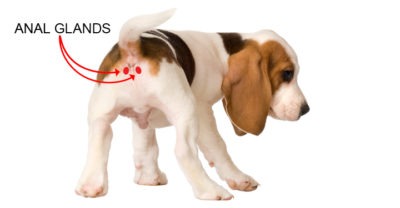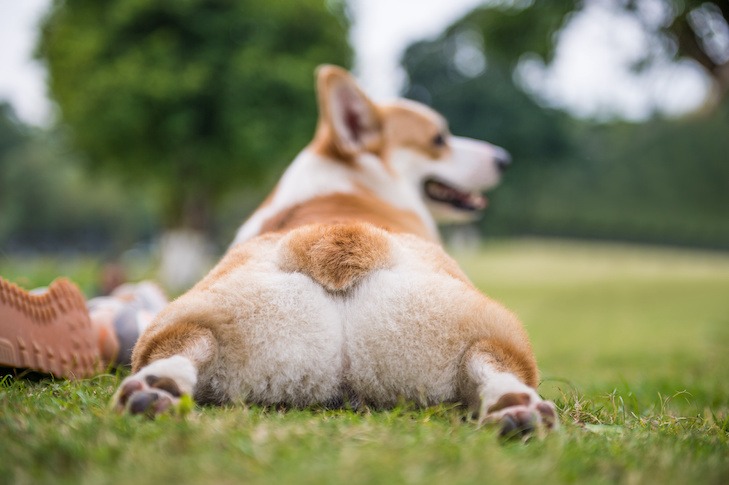Understanding Your Pet’s Anal Glands and Related Issues Anal glands are tiny scent-producing glands located near your dog or cat’s rear end, at approximately the four and eight o’clock positions. These glands play a natural role in your pet’s...
The post Anal Gland Problems in Dogs and Cats appeared first on Lynbrook Vet.





